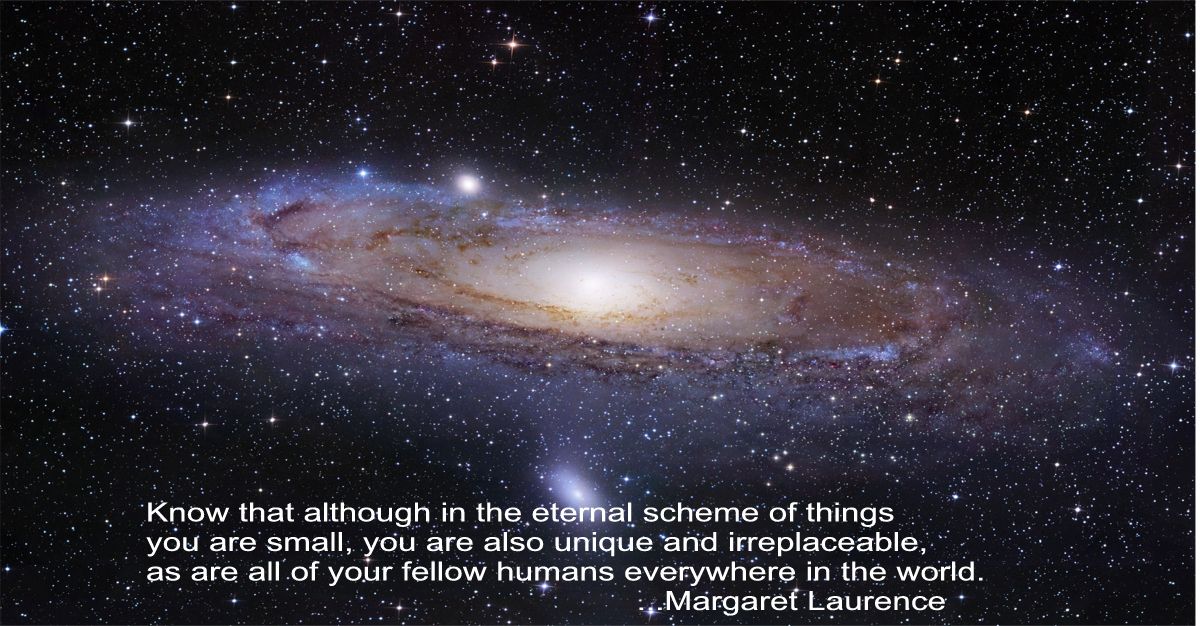'In my 20s I feared nil, was OK to travel length of Yugoslavia, visit Egypt, Israel, Turkey, Algeria. In 70s I'm uncomfortable on Whyte Ave after dark. Just sayin'
Bev's reply:
'Funny. I was just talking about traveling through Europe with just a backpack and rail pass. No plan, no reservations, just go. No fear, just wanting the experience. Have I changed so much, or has our world become a scary place?'
At first I thought of replying a bit of both, albeit an easy reply. But when I thought more, I changed my mind.
Where to begin? Some experiences on trips I made in my 20s. After them I'll give my considered reply.
EXPERIENCES
1. In 1965 four pals and I bought VW Beetle in Amsterdam and drove it all across Europe. We drove through East Germany to Berlin. When leaving Berlin, I made a wrong turn. Young men in car honked to get our attention and shouted through open car window, 'Hey, you're travelling to Poland.' Not a good idea in 1965 because we didn't have visas.
I panicked and crossed divided highway by driving through grassy gully only to be met by sirens of Deutsche Demokratische Republik Polizei demanding money on the spot. We complied immediately. Not that scary but we wouldn't want to annoy DDR police.
2. On 1965 trip when I and 4 pals decided to travel the length of Yugoslavia in a VW Beetle, i.e., entire Dalmatian Coast along Adriatic Sea from Austria to Greece we drove through what are now
- Slovenia
- Croatia
- Serbia and Montengro
- Macedonia
Early on we met Canadian diplomats in a hotel (rooms had huge photos of Marshall Tito) who asked us if we were okay. Suspect they saw few tourists in Yugoslavia in 1965. They also recommended against driving down the coast as the roads sometimes ran out due to rock slides. Made no impression on us at all, we were not scared, just seemed a grand adventure. Yes, we did encounter a rock slide and waited for it to be cleared.
3. Pals and I were in Jordan, Egypt, Israel 2 years before 6 Day War where Israel defeated combined armies of Egypt, Syria and Jordan, capturing the West Bank, East Jerusalem, Gaza Strip, Golan Heights and Sinai Peninsula. For Israel, a stunning triumph and for Arabs, a humiliating defeat.
One vivid memory was travelling through Negev desert to Eilat on the Red Sea on a bus where female Israeli soldiers with Uzi machine guns were there to protect us from attacks. To us, it was a lark, not scared in the slightest. In Eilat we met kibbutzniks who told us of attacks on Israeli kibbutz from the Golan Heights that killed people.
This was only 20 years after WWII and in Tel Aviv we spoke to Israelis, who when we said we'd visited Germany, asked us if Germans were human. By the way, in Germany we'd experienced the hostile stares of older women who likely thougth we were the kids of those who bombed German cities mercilessly. And my Dad, RCAF pilot in Bomber Command, was one.
4. In 1971 travelled to walled city of Constantine, Algeria to visit friend and her spouse who taught at university there. Note: Vicious Algerian War of Independence between France and Algerian National Liberation Front (1954 -1962) had ended only 9 years earlier.
In Algiers airport two Canadian oilmen saw me and came over to ask if I was okay. On flight to Constantine I was only woman on flight. Worse was what happened when we landed.
The airport was equivalent to a chicken shed. Everyone on plane exited and I went outside to see a lone taxi. I gave the driver my pal's address written on piece of paper. He drove to location and it was pitch dark. Long row of concrete buildings with mud and clay outside. Driver went into many 'apartments' and finally took me to that of my pals. What a relief. That was scary.
On the visit my female pal and I were often pelted with stones by kids, which motivated me to carry a big stone to use as threat. In queues for buses we were rudely jostled aside by men unless we were with pal's spouse.
In retrospect, what was I thinking.Thank gawd Algerian taxi driver was a good guy.
So I was asked by Bev,'Have I changed so much, or has our world become a scary place?'
Yes, our world has become a scary place. In past years, parents would let small children play outside, roam wherever, and be totally independent.
But in thinking about it, the reality of my tweet
* 'In my 20s I feared nil, was OK to travel length of Yugoslavia, visit Egypt, Israel, Turkey, Algeria. In 70s I'm uncomfortable on Whyte Ave after dark. Just sayin'
is what has changed most is me. In my 20s I was fearless, never, ever feared what I did was scary. Didn't even enter my mind. Yet the danger was real.
Now when I think of walking down Edmonton's Whyte Ave in the dark or many other locales, I am fearful. At 76 being approached by strangers who ask for money, some of them drunk or aggressive, or kids who travel in packs and shout obscenities, scares me. Sorry, that's my reality as a septuagenarian.
















